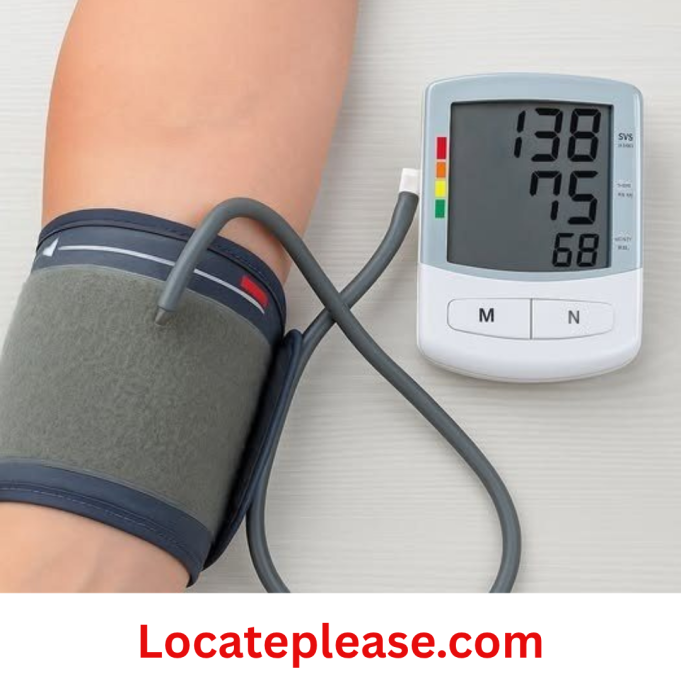Blood pressure is one of those quiet, vital rhythms in our bodies—like breath or heartbeat—that we often don’t think about… until we need to. And that’s okay. Awareness isn’t about worry. It’s about care.
At its core, blood pressure is simply the gentle force your blood exerts against the walls of your arteries as your heart beats and rests. It’s measured in millimeters of mercury (mmHg) and recorded as two numbers:
- Systolic pressure (the top number): the pressure in your arteries when your heart beats and pumps blood.
- Diastolic pressure (the bottom number): the pressure when your heart is at rest between beats.
A reading might look like this: 120/80 mmHg—and that, for many adults, is a healthy sign.
What Does “Normal” Really Mean?
There’s no single “perfect” number for everyone. Healthy blood pressure can vary based on:
- Age
- Overall health
- Genetics
- Lifestyle
That said, the World Health Organization (WHO) and major health bodies like the American Heart Association use these general ranges for adults as a helpful guide:
|
Normal
|
Less than 120 mmHg
|
andless than 80 mmHg
|
|
Elevated
|
120–129 mmHg
|
andless than 80 mmHg
|
|
High Blood Pressure (Hypertension) Stage 1
|
130–139 mmHg
|
or80–89 mmHg
|
|
High Blood Pressure Stage 2
|
140 mmHg or higher
|
or90 mmHg or higher
|
|
Hypertensive Crisis(Seek medical care immediately)
|
Higher than 180 mmHg
|
and/orhigher than 120 mmHg
|
🌿 Note: A diagnosis isn’t made from a single reading. Doctors look at patterns over time—especially when you’re calm, seated, and haven’t just had coffee or climbed stairs.
Why Blood Pressure Matters—Especially After 45
As we age, our arteries naturally become less flexible—a normal part of living longer. But when blood pressure stays elevated over time, it quietly strains the heart, kidneys, and blood vessels, increasing the risk of heart disease, stroke, and other health concerns.
That’s why the WHO and other health organizations gently encourage adults—especially those over age 45—to check their blood pressure regularly (at doctor visits or with a home monitor) and take small, meaningful steps to support heart health.
What Influences Blood Pressure? (And What You Can Influence)
Some factors—like age or family history—are beyond our control. But many others are within our reach, and even small shifts can make a real difference:
✅ Gentle, daily movement—a 20-minute walk, gardening, dancing in the kitchen
✅ Balanced eating—more fruits, vegetables, whole grains; less added salt and processed foods
✅ Stress care—deep breaths, quiet moments, laughter with loved ones
✅ Restful sleep—aim for 7–8 hours when possible
✅ Limiting alcohol and tobacco—both can raise pressure over time
You don’t need perfection. You need progress.
One extra vegetable. One extra glass of water. One extra minute of calm.
A Final Thought: Your Body Is Speaking—Kindly
Blood pressure isn’t a judgment.
It’s information—like a whispered note from your body saying:
“I’m working hard. How can we support each other today?”
So if you’ve been meaning to check yours—or if it’s been a while—consider it an act of self-respect. A small step toward more energy, more ease, more time with the people you love.
And remember:
You are not your numbers.
You are a whole, worthy person—
and your health journey is worth honoring,
one gentle choice at a time.
🩺 With warmth and care.
—
Note: This information is for general awareness only. Always consult your healthcare provider for personal health guidance.






